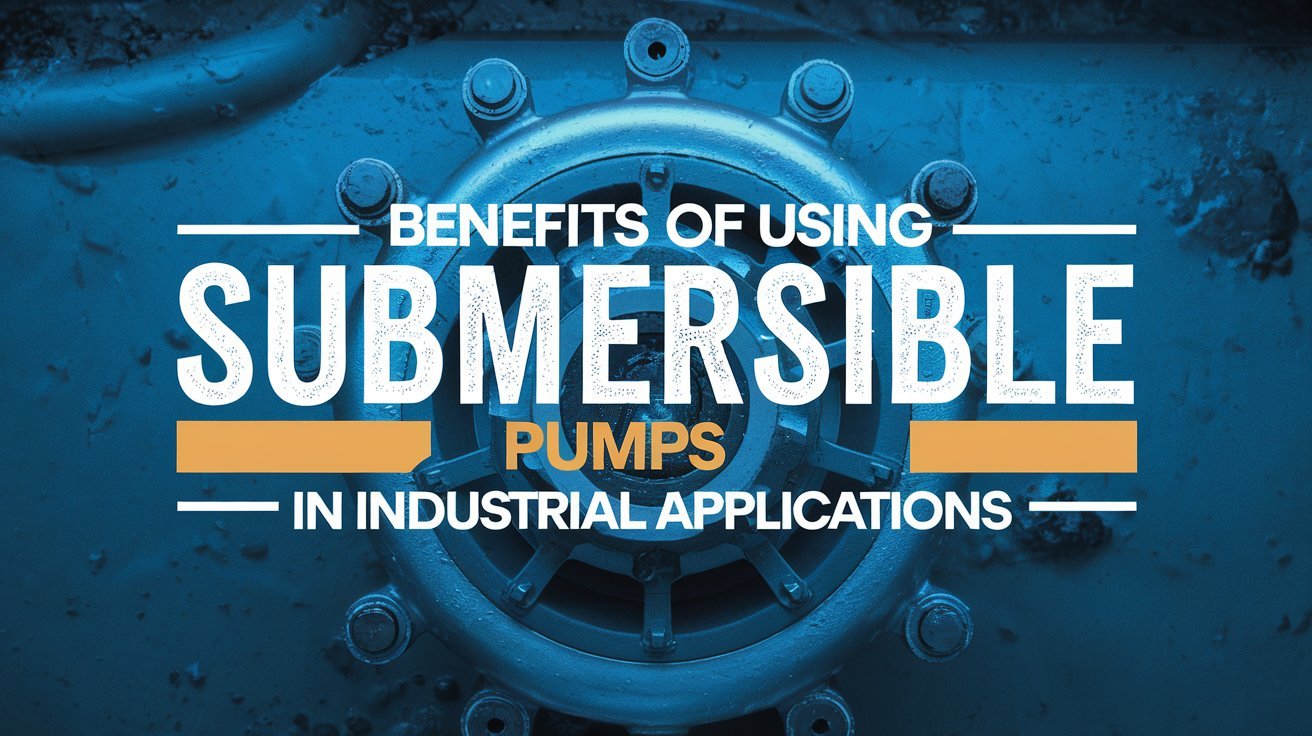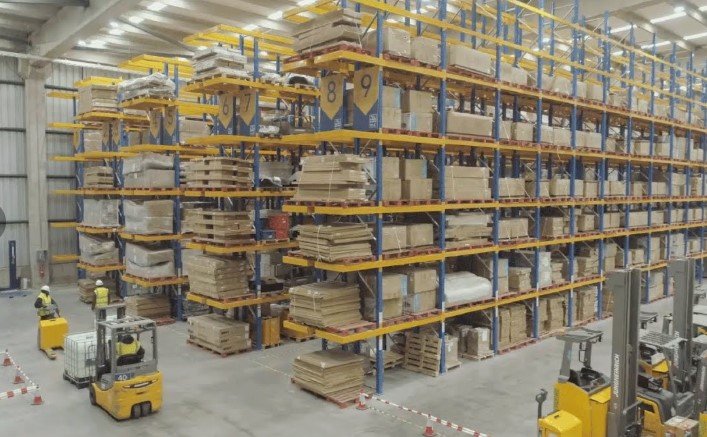Submersible pumps have revolutionized industrial operations by offering reliable and efficient solutions for diverse fluid handling requirements. These pumps are uniquely engineered to function while fully submerged, making them ideal for challenging environments and complex industrial processes. Their advanced design not only enhances operational efficiency but also reduces energy consumption, making them an environmentally friendly choice. Whether in mining, wastewater treatment, or oil and gas operations, submersible pumps excel in delivering consistent performance even in demanding conditions.
Their versatility and cutting-edge engineering have made submersible pumps indispensable across a wide range of industries. From handling abrasive slurries to managing corrosive chemicals, these pumps demonstrate remarkable adaptability to various applications. Industries rely on their durability, space-saving design, and low maintenance needs to optimize operations and reduce downtime. Below, we explore the top 10 benefits of using submersible pumps in industrial applications and why they remain a preferred choice for professionals worldwide.
1. Superior Efficiency in Fluid Handling
Submersible pumps are engineered to operate while fully submerged in liquids, minimizing energy loss during operation. Their design ensures direct fluid contact with the pump’s impellers, reducing resistance and significantly increasing pumping efficiency. This attribute makes them ideal for industries requiring continuous fluid transfer with minimal energy consumption.
2. Enhanced Durability and Longevity
Built with robust materials such as stainless steel, cast iron, and corrosion-resistant coatings, submersible pumps are designed to withstand harsh industrial environments. They resist wear and tear from abrasive fluids, corrosive chemicals, and extreme temperatures, offering a long service life with minimal maintenance requirements.
3. Space-Saving Design
Submersible pumps eliminate the need for extensive above-ground infrastructure, as they are placed directly into the fluid source. This compact design helps industries save valuable floor space, making them especially useful in areas with limited installation room or challenging layouts.
4. Reduced Noise Pollution
Unlike traditional pumps, submersible pumps operate underwater, significantly dampening operational noise. This feature is advantageous in industrial setups where minimizing noise pollution is essential for compliance with safety regulations and creating a better working environment.
5. Versatile Applications Across Industries
Submersible pumps are highly adaptable and can handle various types of fluids, from clean water to viscous oils and abrasive slurries. This versatility makes them suitable for diverse industries, including oil and gas, mining, wastewater treatment, and agriculture.
Examples of Industrial Applications
- Oil and Gas: Pumping hydrocarbons and managing drilling fluids.
- Mining: Dewatering mines and transferring slurry.
- Agriculture: Irrigation and drainage systems.
- Construction: Site dewatering and groundwater control.
6. Prevention of Cavitation Issues
Cavitation, caused by low-pressure conditions in traditional pumps, can lead to significant damage over time. Submersible pumps’ underwater operation prevents the occurrence of cavitation by maintaining consistent pressure levels, ensuring smooth and uninterrupted performance.
7. Increased Safety and Reliability
The submerged nature of these pumps minimizes exposure to environmental elements, reducing the risk of overheating or electrical hazards. Many submersible pumps are equipped with built-in safety features such as thermal overload protection and automatic shut-off mechanisms, ensuring safe operation in demanding industrial settings.
8. Low Maintenance Requirements
Submersible pumps are designed for long-term, trouble-free operation. Their sealed motor housings prevent fluid ingress, reducing the likelihood of mechanical failures. Additionally, modern submersible pumps feature self-cleaning mechanisms to handle debris and prevent clogging, further decreasing maintenance needs.
9. Energy Efficiency and Cost Savings
By eliminating the need for priming and reducing frictional losses, submersible pumps consume less energy compared to traditional alternatives. Over time, this results in significant operational cost savings, making them a cost-effective solution for industrial operations.
Case Study: Energy Savings in Wastewater Treatment
A leading wastewater treatment facility reported a 20% reduction in energy consumption after switching to submersible pumps, showcasing their impact on operational efficiency and sustainability.
10. Customizable Options for Specific Needs
Modern submersible pumps are available in a wide range of sizes, capacities, and material options to suit specific industrial requirements. From high-capacity models for large-scale operations to corrosion-resistant variants for chemical processing, these pumps can be tailored to meet unique demands.
Customization Examples
- Material Options: Stainless steel for corrosive fluids, cast iron for high durability.
- Flow Rates: Adjustable designs for varying volume requirements.
- Special Features: Explosion-proof models for hazardous environments.
Conclusion
Submersible pumps offer a unique combination of efficiency, durability, and versatility, making them an essential asset in modern industrial applications. Their ability to perform under challenging conditions, coupled with low maintenance and energy efficiency, ensures they deliver exceptional value for industries worldwide. Investing in submersible pump technology not only enhances operational performance but also contributes to long-term cost savings and sustainability.
Investing in submersible pump technology offers numerous benefits. Not only do these pumps enhance operational performance by providing consistent and reliable pumping power, but they also contribute to long-term cost savings. The low maintenance and energy-efficient features of submersible pumps ensure that businesses can maintain their operations without incurring excessive costs. Additionally, the durability and versatility of these pumps make them a sustainable choice, supporting businesses in their efforts to reduce their environmental impact and achieve long-term operational sustainability.
Overall, submersible pumps are an indispensable asset in modern industrial applications. Their ability to operate efficiently under challenging conditions, combined with their low maintenance and energy-saving benefits, ensures they provide exceptional value across a wide range of industries. By investing in submersible pump technology, businesses can improve performance, reduce costs, and promote sustainability, all while ensuring the reliability of their operations.
Also Read : Efficient duplicate key near me – Make Extra Copies Quickly












Leave a Reply